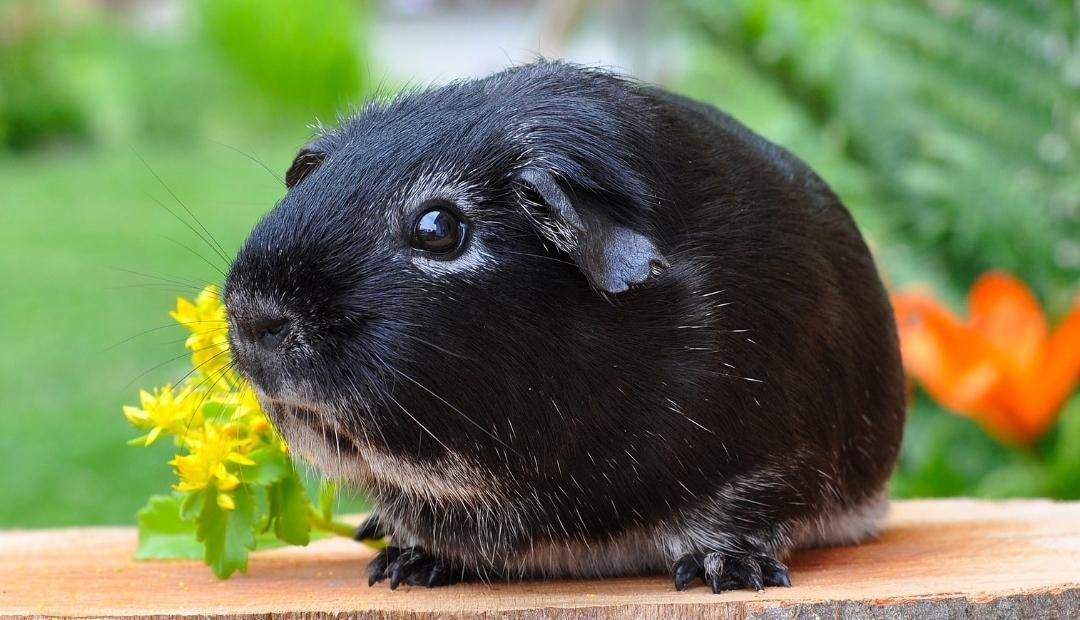Sharing your space with guinea pigs is a delightful experience. These charming and affectionate animals are some of the most ideal companions for those living in contemporary apartment settings, particularly in Marietta.
Beyond their enchanting personalities, guinea pigs are known for their sociable, amusing, and tranquil nature, well-suited for families with children. Moreover, they boast a lifespan ranging from five to seven years, outliving some smaller pet species such as hamsters and gerbils.
While taking care of guinea pigs is relatively uncomplicated, it is crucial to meet their fundamental needs to ensure they thrive in your home environment.
Whether you're bringing home your first guinea pig or you've been a proud owner for a while, this care guide will offer valuable insights. Dive into these top five tips to provide the best care for your furry friends.
Adopt a Pair for Companionship
Once you welcome a guinea pig into your home, consider getting them a companion.
As pack animals, guinea pigs flourish when kept in pairs or groups. Companionship encourages them to engage more in activities, enhances their appetite, and boosts their overall well-being.
To prevent unplanned litters, it's best to introduce a guinea pig of the same sex. Carefully monitor their initial interactions for about an hour to ensure compatibility. Keep a towel handy to safely separate them if a scuffle ensues.
Design a Spacious Living Area
A comfortable and roomy environment is vital for your guinea pigs. A single guinea pig needs approximately 7.5 square feet of cage space (or 30 x 36 inches), with an additional 2 square feet per extra guinea pig.
Position the cage in a location away from drafts and direct sunlight, ideally where your pets can observe everyday apartment life.
Furnish their dwelling with up to 2 inches of soft bedding, choosing from kiln-dried pine shavings, pellet pine, or recycled paper products. Avoid materials like cedar shavings, sawdust, cat litter, straw, and corn cob as they can be harmful.
Maintain a Clean Living Space
Regular cleaning of your guinea pigs' habitat is essential. Typically, you'll need to replace bedding and clean the cage weekly. This could vary based on the number of residents and type of bedding used.
Once you detect any odor, make sure to refresh the bedding promptly. For daily upkeep, use spot-cleaning methods to remove soiled areas.
A deep clean involves transferring your pets to a safe exercise pen, then scrubbing the cage with soap and water for a thorough wash.
Nurture with Proper Nutrition
Ensure your guinea pigs receive a nutritious diet consisting of about 1/8 cup of pellets (preferably with vitamin C), a variety of fresh vegetables, and unlimited grass hay. Use a wire rack to elevate the hay from the floor and serve veggies and pellets in sturdy ceramic bowls. Discard uneaten vegetables after 24 hours to prevent spoilage.
It's also crucial for your guinea pigs to have round-the-clock access to fresh water, provided in a clean bottle or bowl. Routine cleaning of feeding and drinking containers contributes to their health.
Engage in Grooming and Playtime
Although less demanding than cats and dogs, guinea pigs still require some grooming.
They possess grease glands that need periodic cleaning ranging from weekly to monthly. Additionally, regular ear cleaning, monthly nail trimming, and daily hair brushing are part of their grooming needs.
Encouraging physical activity is vital. Utilize a spacious cage to place food, water, and shelters apart, prompting movement-adding exercise tools like ramps, hayracks, or hammocks enrich their environment.
Designate a larger area, such as a kitchen playpen, to let your guinea pigs explore and bond with you. This allows them to exercise while giving you precious moments together.
Why Choose Augusta Commons Apartments for Pet-Friendly Living?
Augusta Commons Apartments in Marietta provides an exemplary living environment for pet owners. With amenities like a dedicated community dog park and lush landscaping, residents find a harmonious balance between modern living and pet-friendly features. This community ensures that both pet owners and their animal companions feel at home.


